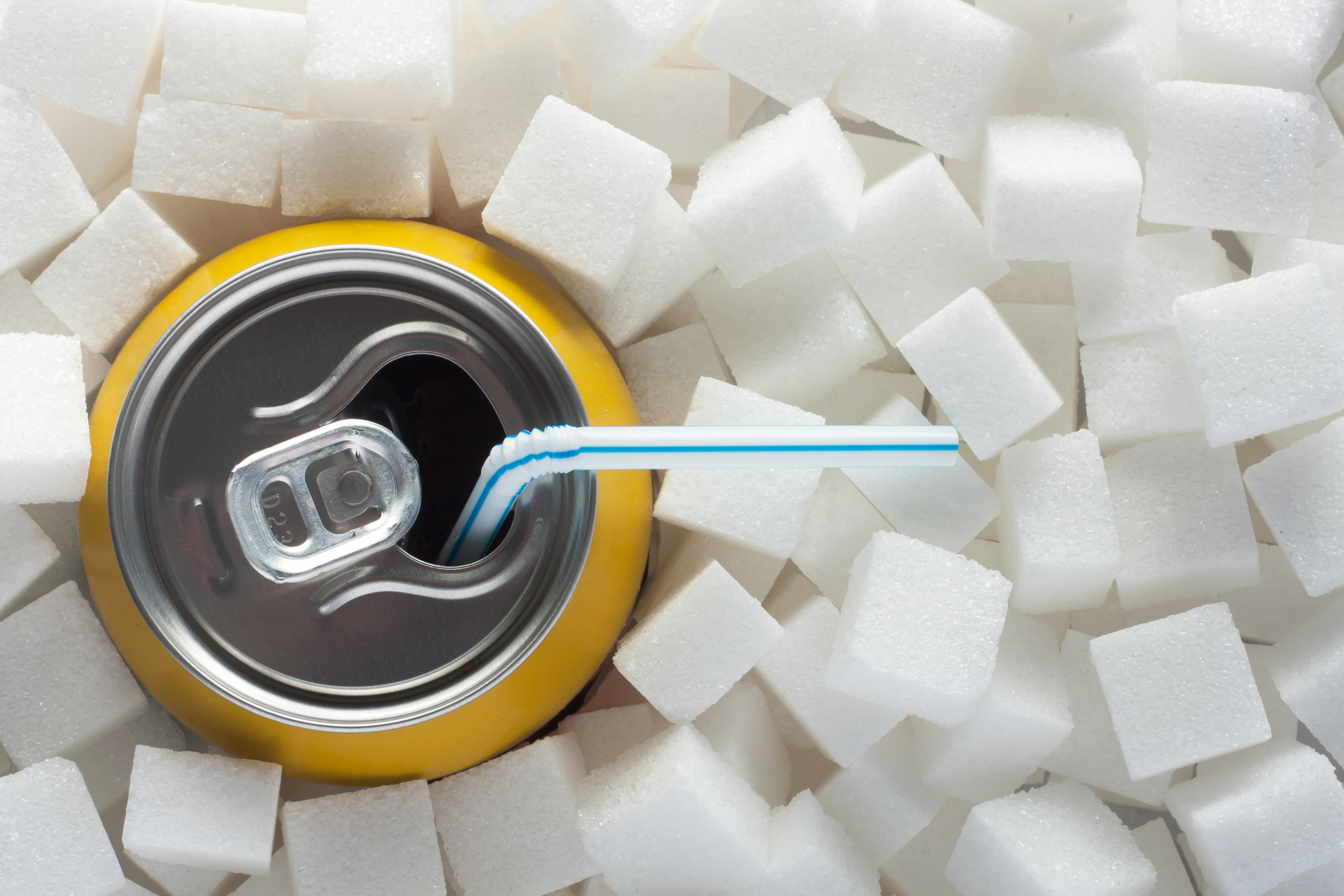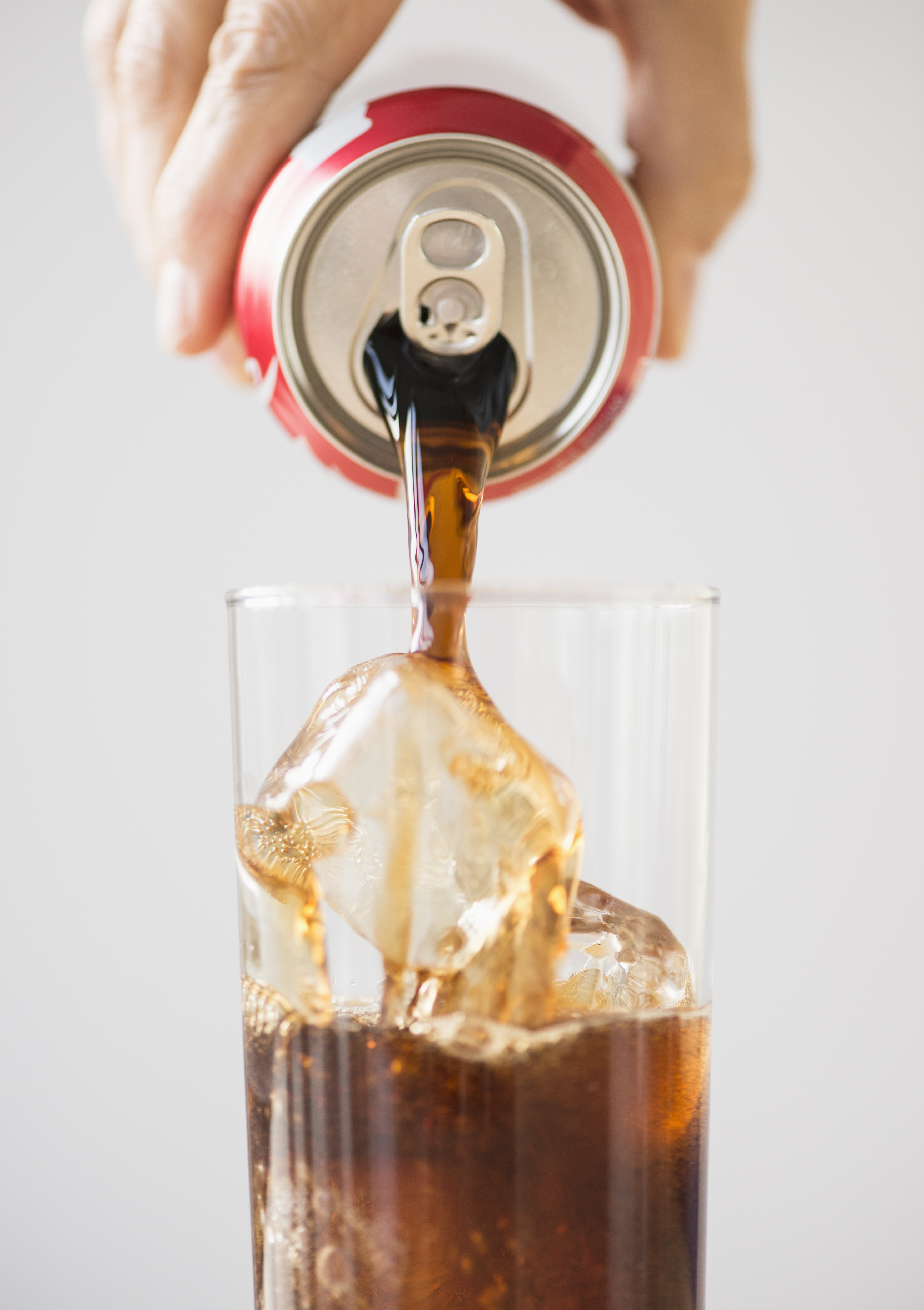Diet fizzy drinks could be the reason why're not losing weight
For lots of us attempting to reduce our calorie intake or stick to a weight loss plan, diet fizzy drinks are a must have.


For lots of us attempting to reduce our calorie intake or stick to a weight loss plan, diet fizzy drinks are a must have.
For those looking to diet or cut down on sugar while still enjoying the refreshing fizz of a sparkling soft drink, low calorie versions of the beverages can be a great option.
A 330ml can of Diet Coke could spare you the consumption of 35 grams of sugar compared to if you were to opt for the original version.
Reducing the sweet stuff can be a great way to help shed some pounds and improve your health. But experts are still unsure on whether artificial sweeteners are harmful to health. Meanwhile, some even think that diet drinks could cause weight gain.
What are experts saying about diet drinks?
A new study by Yale University has found that while artificial sweeteners have no health impact on their own, when they are drunk with carbohydrates they decrease the brain’s response to sweet tastes. This means we’re likely to eat more food, in order to stop sugar cravings.
READ MORE: What is the 12-week government obesity plan 2020 and how will it affect you and your family?

The researchers argue that you shouldn't substitute calories in drinks with food. Instead, choose the non-diet version and you’re less likely to suffer from sugar cravings.
GoodtoKnow Newsletter
Parenting advice, hot topics, best buys and family finance tips delivered straight to your inbox.
Director of the Modern Diet and Physiology Research Centre at Yale, Dana Small told Metro UK, “If you’re eating French fries, you’re better off drinking a regular Coke or – better yet – water. This has changed the way that I eat, and what I feed my son."
This study comes as attention is once again growing around the subject of fizzy drinks and our health.
READ MORE: Daily sugar allowance: How much sugar should children REALLY eat and drink?

A study published late last year also suggested that those who knock back diet drinks, packed with low calorie sweeteners in place of sugars like sucrose, glucose and fructose could end up putting weight on rather than losing it.
According to researchers from the University of South Australia, diet pop doesn’t necessarily reduce their overall sugar intake. Professor Peter Clifton, who led the research, explained, "Consumers of artificial sweeteners do not reduce their overall intake of sugar.
"They use both sugar and low-calorie sweeteners and may psychologically feel they can indulge in their favourite foods.”
Elaborating on the potential risks of chugging sweetener filled refreshments, he added, "Artificial sweeteners can also change the gut bacteria which may lead to weight gain and risk of type 2 diabetes.
“A better option than low-calorie sweeteners is to stick to a healthy diet, which includes plenty of whole grains, dairy, seafood, legumes, vegetables and fruits and plain water.”

Caitlin is a Junior News Editor for Goodto.com, covering all things royal, celeb, lifestyle, food, and family. Having set her sights on becoming a magazine journalist when she was a child, Caitlin took on work experience stints at local papers and titles such as Cosmopolitan, Now, Reveal and Take a Break while studying for her Multimedia Journalism degree and has interviews with celebs, reality stars and the Archbishop of Canterbury under her belt (of course, she couldn't resist asking him about Meghan Markle and Prince Harry).